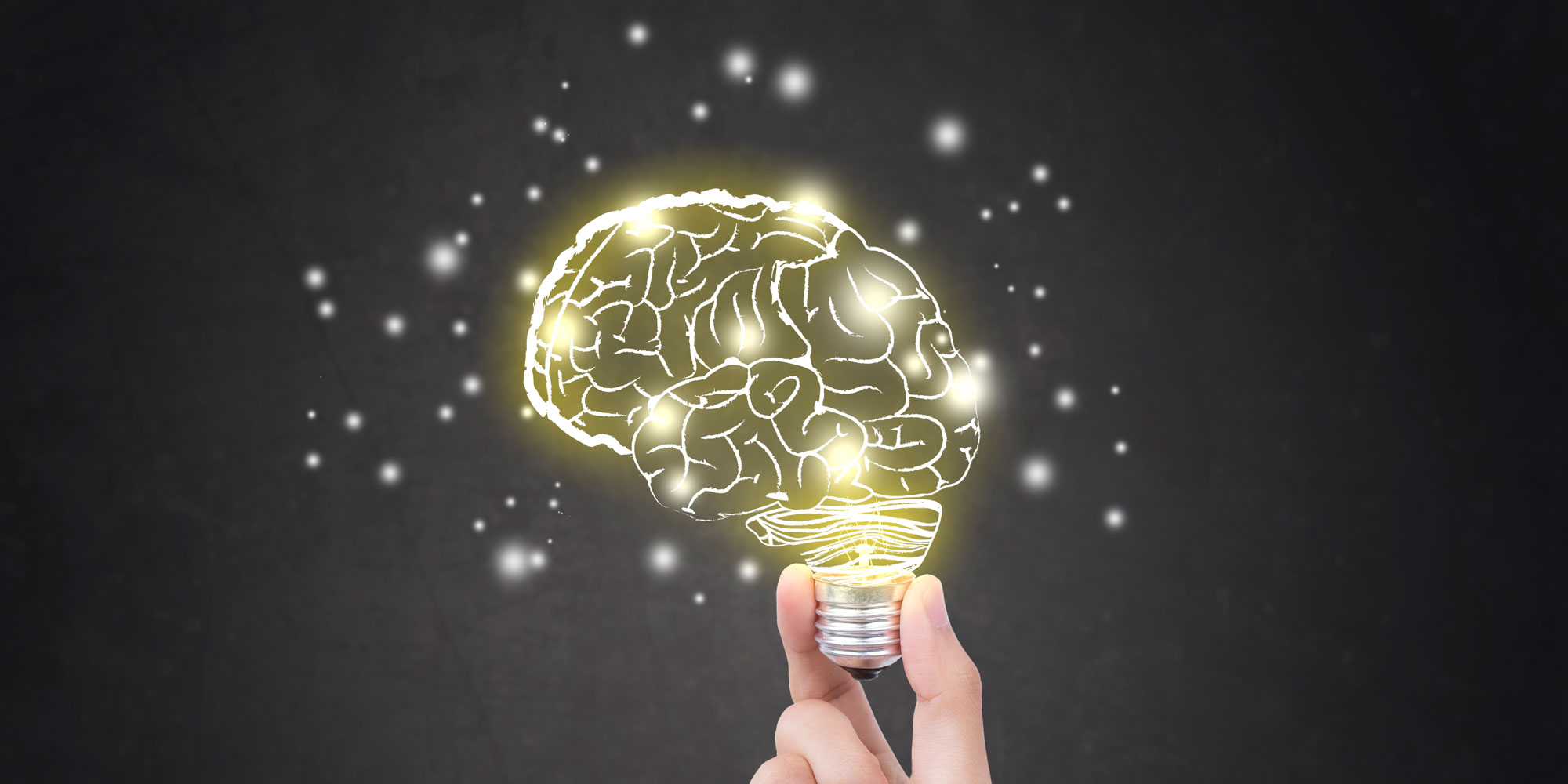
Cognitive enhancement is targeted at augmentation of one or several of the key information processing systems of the brain. The areas targeted include those responsible for memory, attention, perception, reasoning, motor function and conceptualization [1]. Cognitive enhancement is possible because of neuroplasticity – the brain’s ability to evolve and change its structure even late into adulthood. Therapeutic stimulation of the brain is used in a wide range of neurological and psychiatric diseases, such as stroke, Alzheimer’s disease, schizophrenia, autism and Parkinson’s disease. Brain enhancement can be effectively used to boost cognition in healthy individuals, particularly in the elderly.
Transcranial magnetic stimulation (TMS) of the brain emerged in the mid-1980s as an innovative and highly promising alternative to more conventional techniques such as motor cortex stimulation (MCS) and deep brain stimulation (DBS). Since then, the method has gained massive recognition, receiving FDA’s approval for the use in major depressive disorder and migraine and being selected as a treatment of choice for PTSD, stress, and depression by the U.S. Navy [3]. In addition, there is a significant body of evidence suggesting a high therapeutic potential of rTMS (repetitive TMS) for cognitive enhancement.
TMS employs induced electromagnetic currents to modulate focal brain activity. Conducting rTMS at low (B1 Hz) or high frequency (C5 Hz), it is possible to either depress or stimulate the underlying cortical activity, depending on the desired therapeutic outcome [4].
A number of large-scale studies have been indicative of a marked beneficial effect of rTMS on cognitive function in healthy individuals. In 2005, Sole-Padulles et al. studied the effect of rTMS on brain activity in 40 individuals aged 50 or above. Except for minor memory impairment, none of the enrollees suffered from other psychiatric or neurological condition. Before the experiment, the participants were randomly split into two groups, one of which was assigned to rTMS while the other received placebo treatment. Baseline brain activation patterns were studied with fMRI and then compared to such post-treatment. Brain activity was no different before and after the experiment among the placebo group. In contrast, fMRI indicated significant improvement among rTMS group, with the most notable changes in the right middle frontal gyrus and the right medial frontal lobe. In addition, the results of neuropsychological testing showcased substantial improvement of memory function in rTMS group, compared to no change in sham group [5].
Between 1999 and 2011, a total of 34 studies were conducted to evaluate cognitive after-effects of rTMS in patients with depression [5]. Of these, 12 studies reported no deterioration of cognitive function while 22 (65%) reported improvement. Most of the open studies indicated improvement in one or more cognitive spheres, such as concentration, verbal fluency, working memory, learning ability, emotional processing, etc. TMS has been Highly successful is the for patients with schizophrenia: of those studies, many have recorded significant amelioration of either working memory, word memorization or sustained attention. Similarly, positive results have been achieved in patients with autism, Alzheimer’s disease (AD), and attention deficit hyperactivity disorder. Potential application of rTMS in AD is particularly promising, as the technique facilitates the plasticity mechanisms in the brain that are impaired in patients with this condition [6].
Sources
1. Luber, Bruce and Sarah H. Lisanby. “Enhancement Of Human Cognitive Performance Using Transcranial Magnetic Stimulation (TMS)”. NeuroImage 85 (2014): 961-970. Web.
2. Birks, J and JG Evans. “Ginkgo Biloba For Cognitive Impairment And Dementia”. Cochrane Database of Systematic Reviews CD003120.1 (2016). Web. 25 July 2016.
3. Shaman, David. “US Navy Buys Israeli ‘Brain Zapper’ To Treat Vets”. The Times of Israel 2015. Web. 21 July 2016.
4. Mehta, Urvakhsh Meherwan and Matcheri S. Keshavan. “Cognitive Rehabilitation And Modulating Neuroplasticity With Brain Stimulation: Promises And Challenges”. J. Psychosoc. Rehabil. Ment. Health 2.1 (2015): 5-7. Web.
5. Sole-Padulles, C. “Repetitive Transcranial Magnetic Stimulation Effects On Brain Function And Cognition Among Elders With Memory Dysfunction. A Randomized Sham-Controlled Study”. Cerebral Cortex 16.10 (2005): 1487-1493. Web.
6. Demirtas-Tatlidede, Asli, Andrew M. Vahabzadeh-Hagh, and Alvaro Pascual-Leone. “Can Noninvasive Brain Stimulation Enhance Cognition In Neuropsychiatric Disorders?”. Neuropharmacology 64 (2013): 566-578. Web.
– R.M.
"Dr. Park is an extremely knowledgeable and patient doctor. He will work with the patient until the very end, providing all the services on his end that he has. It's always a joy to see his smiling face and meet with him. I hope he practices forever."